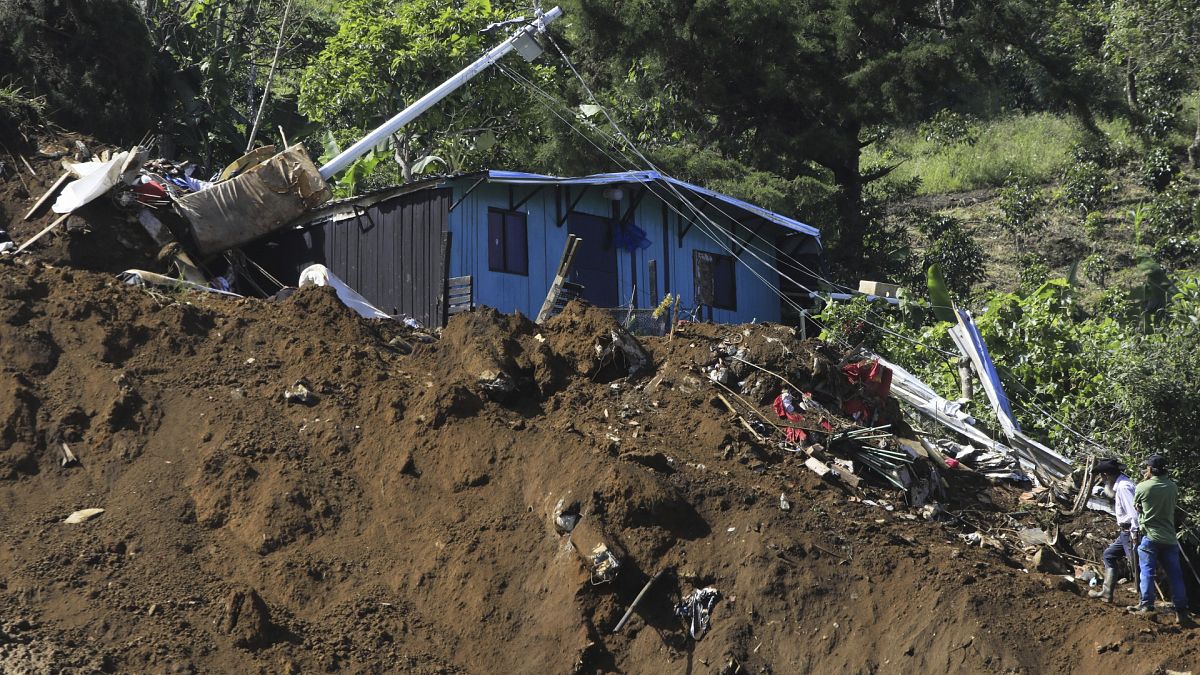

In recent weeks, events across the Americas have highlighted how interconnected our world has become—both in terms of shared environmental challenges and legislative actions. From seismic activity in Alaska to legislative discussions on wildfire smoke, let’s explore these occurrences with a calm and insightful approach.
Starting up north, residents along Alaska’s southern coast experienced a notable natural event. A magnitude 7.3 earthquake recently shook the region, prompting the National Oceanic and Atmospheric Administration (NOAA) to issue a tsunami warning, which was subsequently downgraded to a tsunami advisory. This precautionary measure demonstrates the effectiveness of early-warning systems in mitigating potential risks. While the region is accustomed to seismic activity given its location along the Pacific Ring of Fire, the swift reaction by authorities serves as a reminder of the active role technology and science play in ensuring public safety.
Meanwhile, further south, a different kind of environmental challenge has tested the resilience of communities in Colombia and Venezuela. In these countries, intense rainfall led to severe floods and landslides, resulting in tragic loss of life and significant disruption. Scientists have pointed out that there is a critical need for enhanced climate research in this area. Current studies aiming to attribute and understand these climate events have yielded inconclusive results, highlighting a gap in research particularly in less economically developed regions. Bridging this knowledge gap could be instrumental in enhancing local preparedness and response strategies, ultimately saving lives and minimizing future impacts.
Turning to legislative matters, an interesting discourse has emerged in the United States regarding air quality and cross-border environmental policy. In recent developments, a group of Republican lawmakers expressed their concerns about the impact of Canadian wildfire smoke drifting into parts of the northern United States. In a letter addressed to Canada’s ambassador, these lawmakers described how the smoke has affected air quality, describing it as ‘suffocating’ and a detriment to summer experiences. The timing of this complaint is noteworthy, considering the group had recently supported a bill with potential to increase environmental pollution. This juxtaposition reflects the complex landscape of environmental policymaking, where considerations of economic growth and environmental health often intersect.
In contemplating these varied but interconnected events, one overarching theme emerges: the essential need for international cooperation and progressive scientific research. Whether it is through enhancing seismic monitoring, expanding climate research, or refining cross-border policies on environmental issues, our collective efforts shape a more resilient and informed future. As these stories unfold, they serve as gentle reminders of the power of knowledge and cooperation in nurturing a balanced relationship with our natural environment.
Source: {link}
